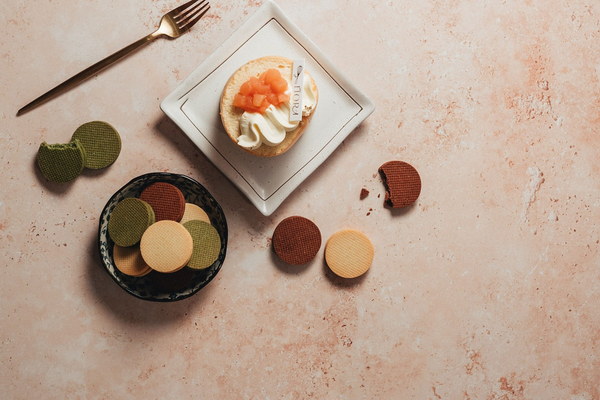Can Dried rehmannia Root Relieve Dampness Unveiling the Traditional Chinese Remedy
In the realm of traditional Chinese medicine, the use of natural herbs to alleviate various ailments has been a cornerstone of healthcare for thousands of years. One such herb that has gained popularity is dried rehmannia root, commonly known as Shu Di Huang in Chinese. But can this herbal remedy truly relieve dampness? Let's delve into the world of dried rehmannia root and explore its potential benefits.
Dampness is a concept deeply rooted in traditional Chinese medicine, which suggests that an excess of dampness in the body can lead to a variety of health issues, such as fatigue, weight gain, and joint pain. Dried rehmannia root is believed to have properties that can help expel dampness and restore balance to the body.
Shu Di Huang, derived from the root of the Rehmannia glutinosa plant, is known for its sweet, slightly bitter taste and cold nature. According to traditional Chinese medicine, this herb has several functions, including nourishing the blood, replenishing the kidneys, and removing dampness. Let's take a closer look at how dried rehmannia root may help alleviate dampness.
1. Removing Dampness

Dried rehmannia root is considered an effective herbal remedy for removing dampness. The herb's diuretic properties are believed to help eliminate excess dampness from the body, thereby reducing symptoms such as edema and joint pain. Additionally, dried rehmannia root may help to regulate the body's fluid balance, further reducing dampness-related issues.
2. Nourishing the Blood
Another key aspect of dried rehmannia root's efficacy in treating dampness is its ability to nourish the blood. In traditional Chinese medicine, blood and dampness are closely linked. When the body has an excess of dampness, it can lead to blood deficiency, which, in turn, exacerbates dampness. By nourishing the blood, dried rehmannia root helps to counteract this cycle, thereby reducing dampness.
3. Strengthening the Kidneys
The kidneys play a crucial role in maintaining the body's fluid balance and preventing the accumulation of dampness. Dried rehmannia root is believed to strengthen the kidneys, enhancing their ability to filter waste products and maintain the body's fluid balance. This, in turn, can help alleviate dampness-related symptoms.
4. Enhancing Digestion
In traditional Chinese medicine, digestion is closely linked to dampness. Poor digestion can lead to the accumulation of dampness in the body, while the elimination of dampness can improve digestion. Dried rehmannia root is believed to enhance digestion, helping to break down food and prevent the buildup of dampness.
While dried rehmannia root has been used traditionally to alleviate dampness, it is essential to note that its effectiveness may vary from person to person. It is also important to consult with a qualified healthcare professional before using dried rehmannia root or any other herbal remedy, as it may interact with certain medications or have contraindications for specific health conditions.
In conclusion, dried rehmannia root is a traditional Chinese herb that is believed to possess properties that can help alleviate dampness. By removing dampness, nourishing the blood, strengthening the kidneys, and enhancing digestion, dried rehmannia root may offer relief from the various symptoms associated with dampness. However, as with any herbal remedy, it is crucial to approach its use with caution and seek professional advice to ensure safety and efficacy.









